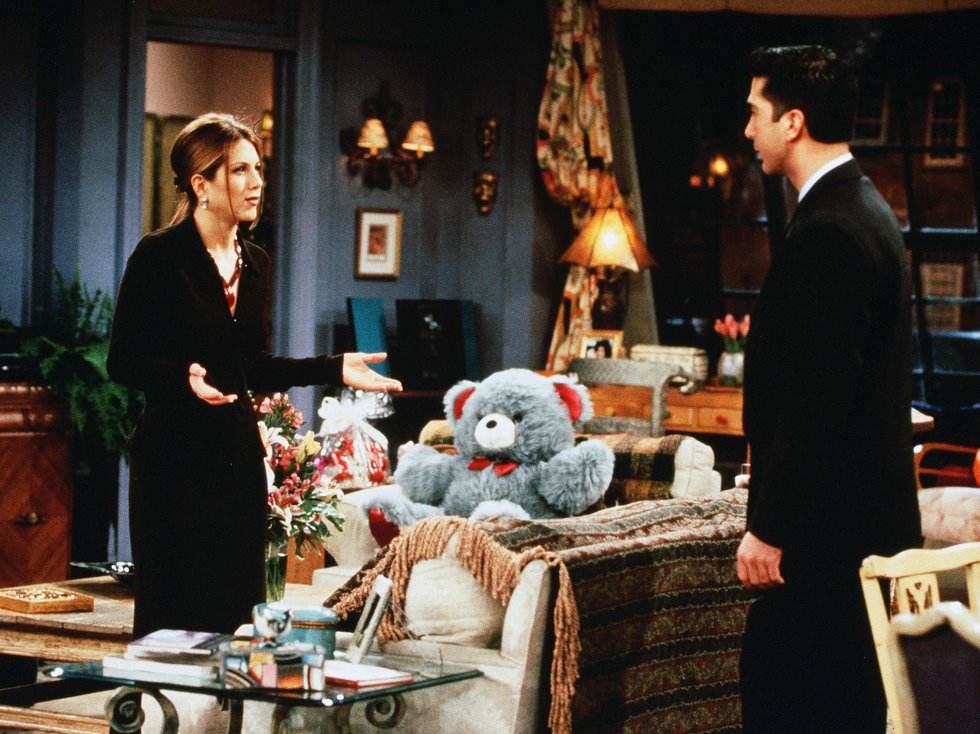A divorce expert has revealed the four red flags that all couples should watch out for.
When we were growing up, many of us learned about love from the sugar-coated world of Disney. But, as it turns out, nailing that happy-ever-after ending is a lot harder than Cinderella made it seem.
Real relationships take a lot more work than a magical meet-cue and true love’s kiss – and, with even ‘perfect’ celeb couples like Miley Cyrus and Liam Hemsworth filing for divorce, many people on Twitter have been left wondering whether anyone can make monogamy work.
“Miley Cyrus and Liam Hemsworth split?” wrote one fan. “I’ve decided not to believe in love whatsoever.”
“I can’t believe Miley Cyrus and Liam Hemsworth have split and I don’t want to believe it,” lamented another.
And still one more asked: “If Miley and Liam can’t make it work, can anyone?”
The answer is, of course, that yes they can. However John Gottman, a professor of psychology who specialises in martial stability, has revealed that it’s very easy to predict which relationships don’t have what it takes to go the distance.
In fact, he is able to predict with 93.6 accuracy whether a couple is going to divorce or not.
No, this has nothing to do with guesswork; as Gottman explains in his book The Seven Principles for Making Marriage Work, he has followed couples across decades in many psychological studies to see what kinds of behaviours predict whether they will stay together, or split.
Among the factors he identified, four have stood out, time and time again – so much so that Gottman has dubbed them the “four horseman of the apocalypse”.
So, without any further ado, here are the four red flags to watch out for in a relationship.
1.Criticism
Everyone complains; it’s a natural part of our day-to-day life. And complaining about someone is, of course, absolutely fine; it would take a very strong person to resist commenting on the fact that their partner is “always late”.
However criticism is very different; it’s corrosive, and it’s an attack on your partner’s core personality. For example: “You’re late because you don’t care about me.”
It specifically frames the complaints in the context of a defect in your partner, strikes at their heart, and signals the end of your relationship is set to come sooner rather than later.
2.Contempt
Gottman explains that ‘contempt’ can take the form of “name-calling, eye-rolling, sneering, mockery, and hostile humour.”
He adds: “In whatever form, contempt – the worst of the four horsemen – is poisonous to a relationship because it conveys disgust.
“It’s virtually impossible to resolve a problem when your partner is getting the message that you’re disgusted with him or her.”
3. Defensiveness
When we become defensive, we fail to recognise our own faults, instead making excuses to explain away our actions.
In doing so, we often find that we are pushing the blame onto other people – and, in failing to take responsibility for our behaviour, we damage our relationship.
“You’re saying, in effect, the problem isn’t me, it’s you, Gottman writes in The Seven Principles for Making Marriage Work.
“Defensiveness escalates conflict rather than helps to solve it, and it involves rejecting any responsibility for problems, and thereby putting all the responsibility on your partner.”
4.Stonewalling
Stonewalling essentially means withdrawing from a conversation, even if physically present.
There are no nods of encouragement to their partner as they speak, no attempt to empathise, and no effort to respond or connect; it is a metaphorical raising of the drawbridge, cutting off all communication.
While this may feel like the only response to a worsening situation – particularly from someone who is anxious, frustrated, or upset – it can be extremely harmful to a relationship, as it prevents conflict from getting resolved.
Gottman explains that marriages are successful only when couples are “emotionally intelligent” enough to accept one another as they truly are.
However, if you do spot any of the four horseman popping up in your relationship, he suggests that you search for their healthier counterparts.
For example, engage in “physiological self-soothing” (taking calming breaths and mindfully relaxing) when you find an argument to be too intense, rather than stonewalling.
And, instead of phrasing complaints as criticism of your partner, raise complaints about the situation or the behaviour instead.
He also encourages couples to stop using the word “you” in arguments, and choosing instead to use the word “I” – and to work on their marriage each and every single day, rather than just when it is in trouble.
“Reunite at the end of the day and talk about how it went,” he says. This will help to bleed off stress from the day, and stop it from negatively affecting your relationship.”
Hmm. That’s definitely given us food for thought…
This article was originally published in September 2016.
Images: Rex Features/Getty
Source: Read Full Article





